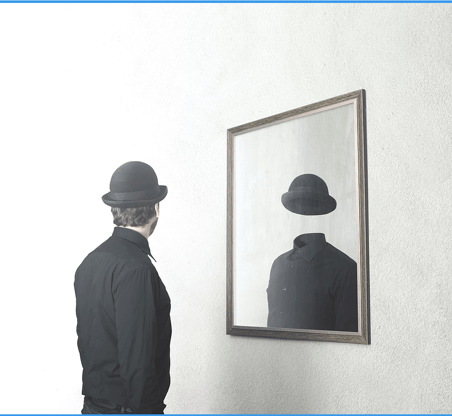You're not needed chaplain


I lived in a sleepy little community where I served as an EMT and Chaplain for our local fire department. Most of our calls were respiratory distress or cardiac issues, with the occasional lift assist. So it was quite a shock to us when we were dispatched to a shooting. When we got there, after the police, it was quite obvious that this was now a murder scene. All incoming family and friends were directed to wait at least one block away. And because a lot of the family had previous run-ins with law enforcement, they wanted nothing to do with anyone who carried a badge, not even the helpful, friendly chaplain.
Sometimes, chaplain, you are not welcome or not needed. Believe it or not, not everyone who is going through a bad time wants your help. Some people, especially if they have been doing something wrong, don't want to have anything to do with law enforcement or the fire department. Some may have been burned by people of faith and have very little trust for "clergy." And in their most vulnerable point, you are the last person they want to see. It has nothing to do with you, personally, but it keeps you from being able to help them.
Some thoughts:
Sometimes people prefer to talk to their friends, relatives, or their faith leaders. Maybe they just don't want to talk with anyone at all. But you may have another contribution to make. Do you have other roles and responsibilities with your department? For me, when we had a cardiac arrest in the home, I was left on scene not only as the chaplain but also as part of the chain of custody of the body between fire and the police that came in to investigate. It was part of my job, and I never had any issues with families when I explained why I had to stay.
God is doing something in the lives of people before you get there. In some cases, your presence may be an uncomfortable reminder that they are living far from God. Can you respond to that graciously and in a way that reflects well on you, your faith, and your department? Remember, even when we engage with people, there is a time to pull away and let God continue without us.
People may see you as only able to provide "spiritual" help, even if they have practical needs, such as the need for physical safety. Some people may not want to go to that "spiritual" place or deal with their grief. Does your ministry as a chaplain include helping people in other ways, such as getting them to safety? Does someone else in your department fill this role?
Are you getting in the way of operations? If so, you may be asked to leave the active scene, or the scene all together. The problem with this is that you may not be invited back. You can prevent this by knowing what you are supposed to do and where you are supposed to be on the emergency scene.
If people do not want a chaplain, I will not impose myself on them, but it may just be time to take off the chaplain hat and serve in another way. In the case of the shooting, even if the family did not want a chaplain, I could serve them by doing my job as liaison between them and the investigation team.
